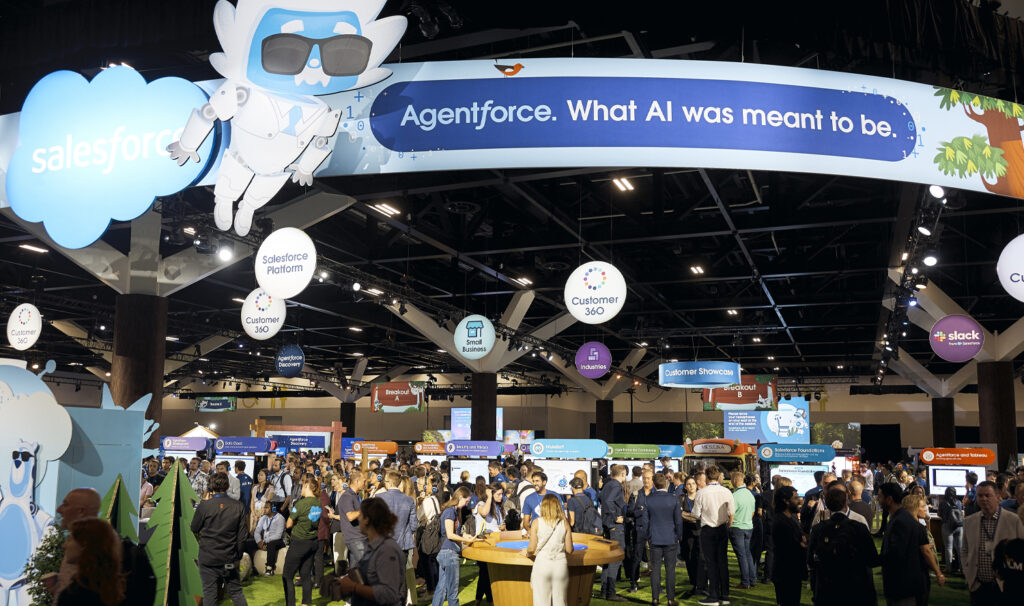From on-going maintenance costs to issues with scalability, this is why you should leave building CRMs to the experts.
They may be part of the same industry as cloud-based CRM providers and implementation partners, but just because High Tech companies are experts in building their own software it doesn’t mean they are experts in ALL software.
For High Tech CIOs who are deciding between building in-house or going external, we spoke with two of our own tech experts to help you make a decision. Simplus’s Principal CPQ Strategists Jacky Zhu and Suraj Sreekumar, share five reasons why CIOs decided NOT to build a CRM in-house.
1. Time
Whenever you build anything from scratch it’s going to take time. IT teams in any company, let alone High Tech companies, are already busy enough on other projects. A CRM, like Salesforce CPQ, is a selling tool, so a lot of the time CIOs will come to Simplus looking for a partner who is an industry leader who can take care of the selling aspect of their product. Why devote time and in-house expertise in building a selling tool when it’s more beneficial to focus that energy into developing the product they want to sell.
2. Risk
While High Tech companies may have Salesforce admins or developers, the truth is, not many people are familiar with the product, platform and how to apply the right features and functionality to solve business problems. Going with an implementation partner to build a Salesforce platform means you have the expertise and lessons learned from previous projects. The risk of the unknown is removed.
One of the biggest reasons digital transformation projects fail is because end-users don’t get on board. Without an implementation partner to oversee organisational change management, High Tech companies have to invest time and resources internally to manage the onboarding, training and acceptance of a new system. These people aren’t usually change management experts – contributing to the risk.
3. Ongoing cost and maintenance
One of the obvious benefits for building a CRM tool in-house is the upfront cost is immediately reduced. But what some companies fail to consider is the ongoing costs and maintenance, which in the long-term can cost more than a one-time investment in a solution and implementation partner. Those costs could include hiring someone with the right skills to maintain a custom system.
With technology evolving so quickly, the last thing a company wants is stale software that goes out of date. When a CIO decides to go with a solution provider, they receive the benefits of regular software updates and new functionalities that keep up with changing trends. With custom software you won’t get this benefit unless you continually invest money to rebuild it every year or two.
4. Scalability
The reason many companies undertake a digital transformation project is because they eventually want to scale. Either the tool they are currently using prevents them from doing that, as was the case with Simplus customer Revelian, or they don’t have a CRM in place. A partner who has worked on agile implementations previously will have the knowledge to build a pattern to move a system from one phase to the next easily.
5. Integration
In-house technicians may be expertise in building their own products but not the expertise to integrate their custom build with another system. With Salesforce, it’s designed to be integrated with an ERP or with an ESB such as Mulesoft. Without integration knowledge, High Tech companies would need to lean on an implementation partner if they wanted to integrate other tools.
Hear Revelian share their story on moving from a custom build to Salesforce to help them scale in our recent on-demand webinar.
Follow Simplus Australia on LinkedIn to get the latest industry news, Salesforce updates, and topics that matter to you and your organisation.






